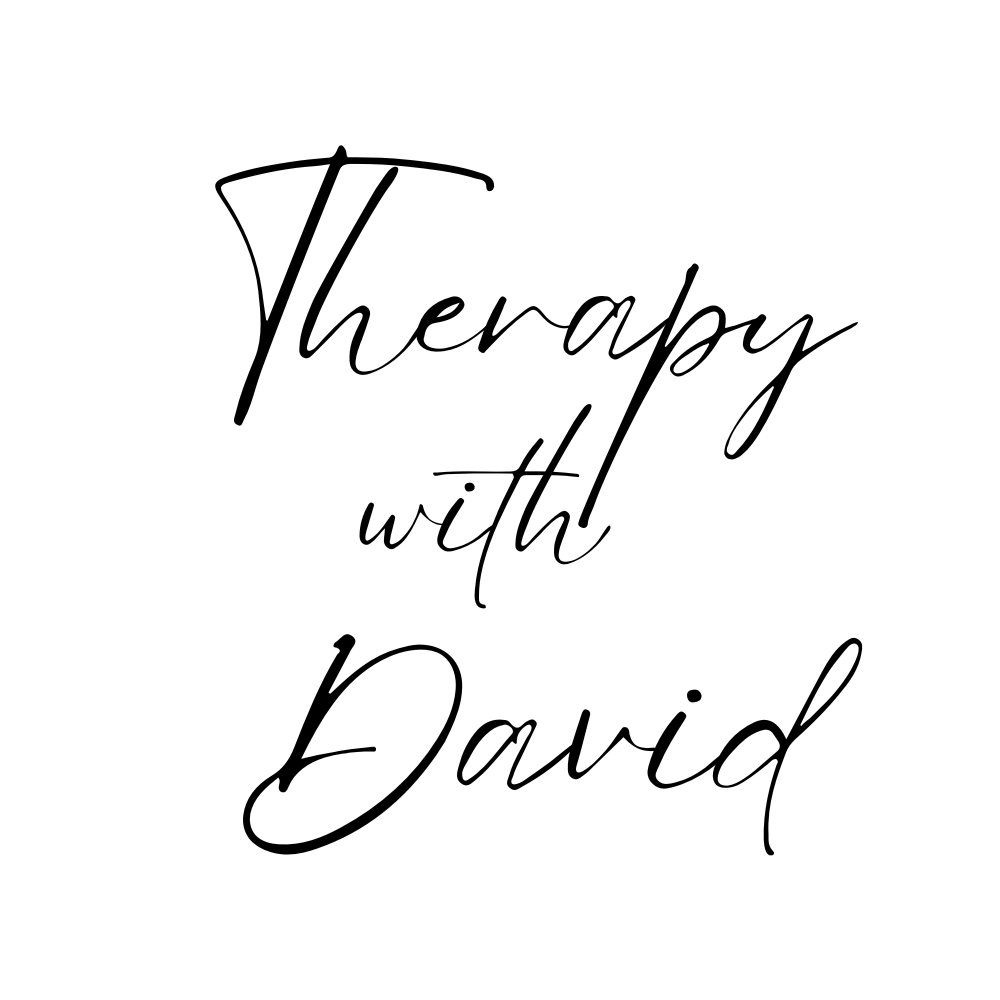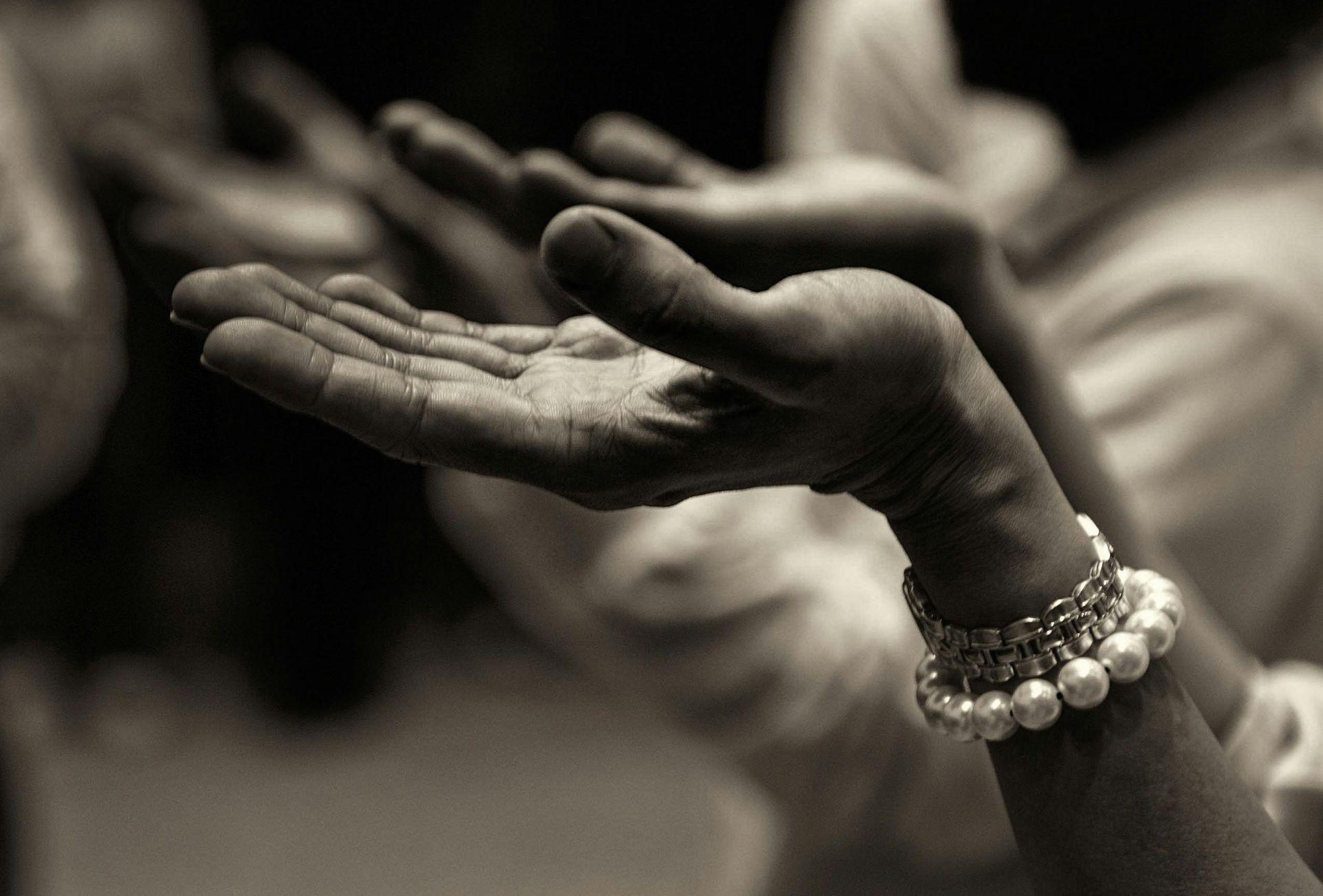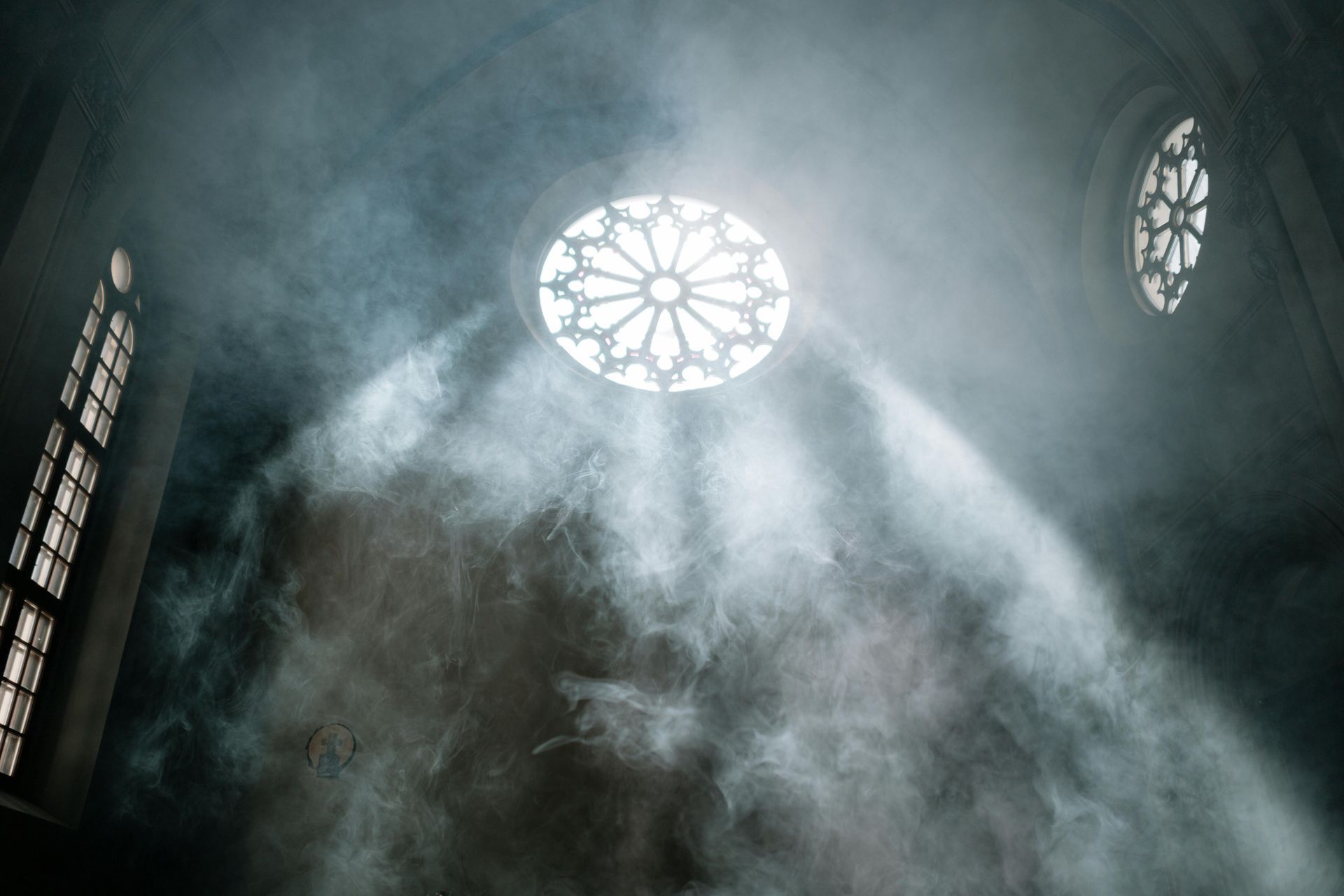Rebuilding after Infidelity
A Courageous Journey of Healing and Reconnection
In the realm of relationships, there are tales of love that are not neatly wrapped in ribbons of predictable endings but are rather encased in complexity, filled with challenges, and ultimately marked by courageous transformations. One such story is that of Diane and Jack, a couple whose marriage was tested by infidelity. Through an intimate interview with Diane, we delve into the unraveling of their relationship, the bravery in choosing to rebuild, and the insights gleaned from their journey toward healing.
The Unraveling of Marriage
Diane and Jack's story began like many others: a youthful promise between two 16-year-olds who grew up together and decided to break the cycle of family divorces they had witnessed as children. However, as their lives progressed—with careers, children, and the hubbub of social life—the bedrock of their relationship began to erode. Neglect, unspoken resentments, and unmet emotional needs created fissures that widened over time.
Diane recalls the missteps along their path; both she and Jack were consumed by daily routines and societal expectations, leading them to take each other for granted. When Jack embarked on an emotional and physical affair with a mutual friend, the revelation shattered Diane's world, pulling everything into sharp, painful focus.
From Destruction to Decision
Upon discovering the affair, Diane faced the challenge of sifting through her anger and hurt. She recognized not only her own heartache but also the relational devastation it caused among their friends and children. Despite the urge to walk away, Diane, with counsel and support from those who had experienced similar trials, chose a different path: a commitment to postpone any immediate, irreversible decisions and to engage in purposeful healing.
Path to Rebuilding
The path forward was not easy. It involved hard conversations, therapy, and courageous honesty from both parties. Diane emphasizes the importance of understanding each other beyond the betrayal, learning to identify both the faults and the strengths that defined their marriage. A key turning point was beginning couples therapy, which laid the groundwork for Diane and Jack not only to confront their issues but also to actively choose each other anew.
Trust and Transformation
One of the most challenging components of their journey was rebuilding trust. Diane and Jack faced this by choosing to forgive—not as an act of forgetting but as a conscious rejection of dwelling in past woes. It became clear that trust could not simply be earned; it had to be given again, a significant risk underlined by the fear of reopening past wounds.
After years of dedicated work, they constructed a stronger, healthier marriage. Both Diane and Jack placed their relationship and family above external distractions, learning to set boundaries and practice transparency. Through ongoing therapy, they have developed new communication skills and find strength in mutual respect and appreciation.
Conclusion
Diane's courageous decision to share her story illustrates the potential for renewed intimacy and understanding in the aftermath of infidelity. Though not all relationships can or should withstand such a trial, for Diane and Jack, it marked the beginning of exploring a love reborn from ashes.
In closing, it is essential to acknowledge that every relationship is unique, and while Diane and Jack's journey might inspire some, it is not a universal solution. Each couple must navigate their own path, armed with knowledge, therapy, and the courage to make choices authentically aligned with their values and dreams.
For those seeking to heal individual wounds or mend fractured relationships, professional support and therapy can provide invaluable guidance on this difficult but potentially rewarding journey. The narrative of Diane and Jack serves as a reminder that with concerted effort, vulnerability, and grace, healing and renewal are possible.
Final Reflections
Infidelity is a daunting reality for many, but as Diane's story reveals, it can also serve as a catalyst for profound growth and transformation. Whether by embracing therapeutic support or by embarking on a new path altogether, life offers opportunities for renewal, resilience, and hope.











